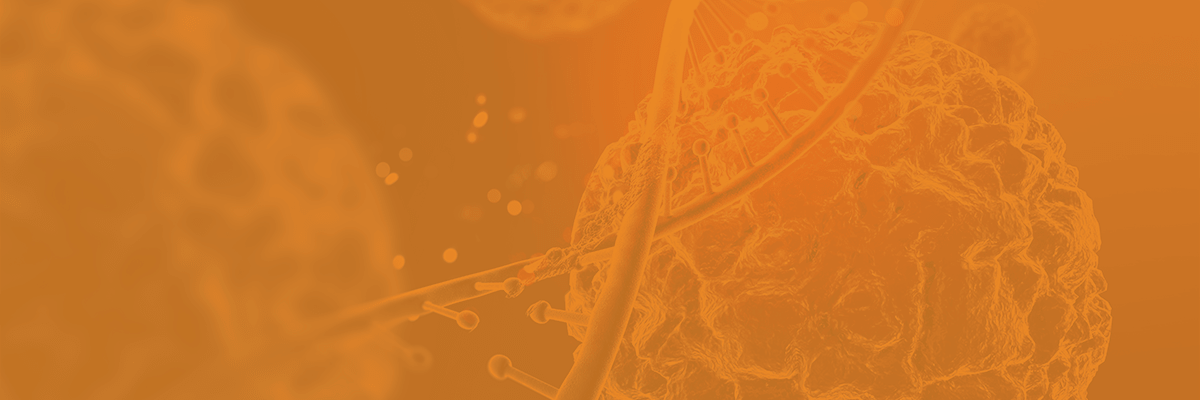
What is Horizon carrier screening?
The Horizon test will analyze the genes to identify whether you are a carrier, for up to 274 autosomal recessive and X-linked syndromes.
Knowing if you are a carrier for a particular genetic disease can help you better with your family planning or medical care, or both. Most people are carriers of at least one genetic disease, even if nobody in the family has that disease.












